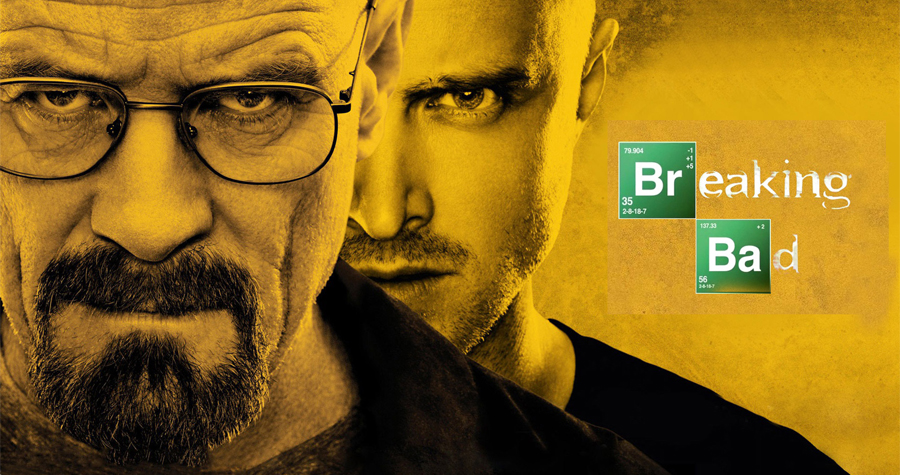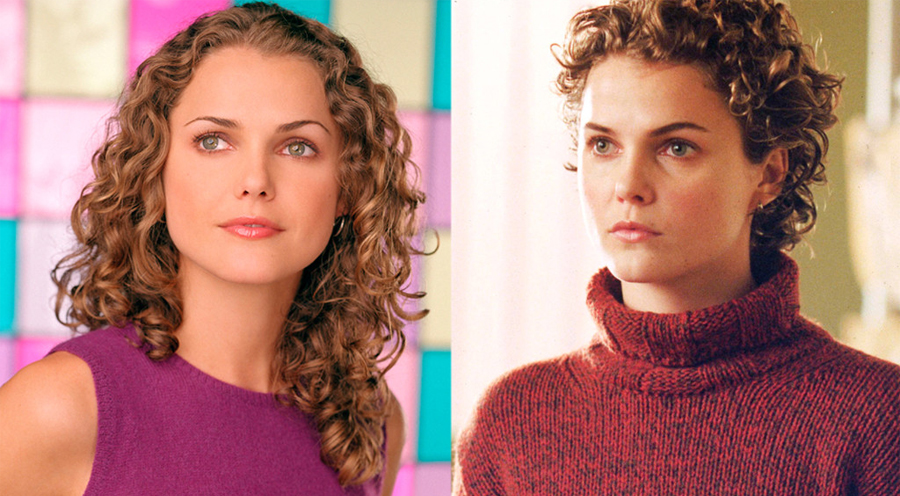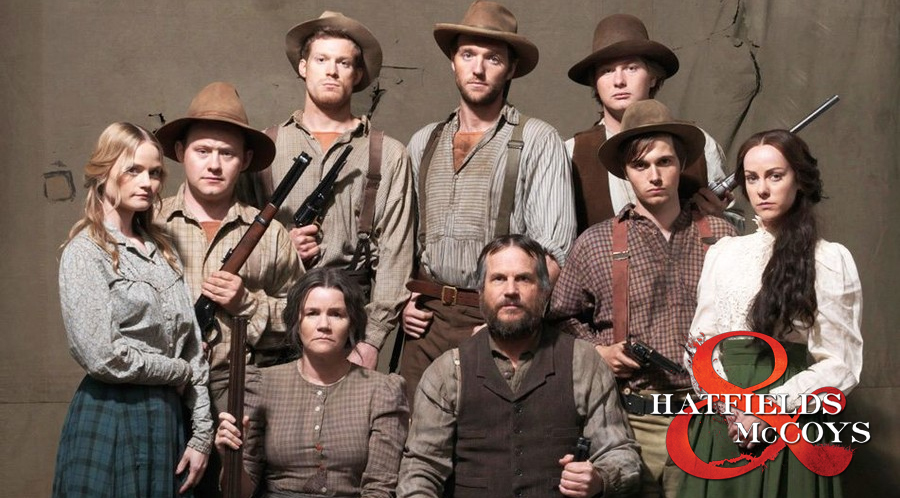This week, AETN, our local PBS station, outdid themselves by offering “The Roosevelts: An Intimate History.” This movie — or mini-series — chronicled the lives of Theodore Roosevelt, FDR, and Eleanor Roosevelt from TR’s birth in 1858 to Eleanor’s death in 1962.
Watching this series involved a large commitment for me because it showed for two hours each night, Sunday through Saturday. If you missed it, I’m sorry because it was truly outstanding. But take heart. This is television where everything is rerun eventually. Then I will watch it again.
Directed by documentarian (is that a word?) Ken Burns (The Civil War, 1990), the script was written by Geoffrey C. Ward. The research through historical documents, diaries and private letters was obvious in the way the stories of three members of this famous family intertwined. Burns used archived news reel footage to move the narrative; and when presenting reading from diaries and letters, the voices of Merle Streep, Edward Herrmann, and Paul Giamatti were used adding greatly to the effect.
Franklin Delano Roosevelt was inaugurated President the year I was born. The country was deep in a depression. One quarter of the men in the United States were unemployed. I don’t mean they couldn’t find a job in their area of expertise or a job that paid what they thought they were worth. I mean there were no jobs for these men. There was nothing for them to do.
FDR told the American people things would get better. His utter confidence was contagious. He gave them hope. Theodore, Franklin, and Eleanor cared about people. They cared that people were poor and hungry and hopeless. This was an amazing aspect of these three Roosevelts: Though they were rich, they had been raised to care about others who did not have their luxuries and opportunities.
This series was interesting to me for several reasons. I was 8 years old when the Japanese attacked Pearl Harbor. While we may have talked about some of this a few years later in high school history classes, so much of it happened during my formative elementary years that (as a child) I didn’t understand. This movie clarified many issues for me.
Though most knew he was not in good health, the country was gripped in grief at FDR’s passing. It was one of those events that inspired “I remember where I was when . . .’
I was 12 years old, in downtown Denison, Texas. I don’t remember why. Probably to go to the library. But none of my siblings or friends were with me. I was crossing the street in front of the Denison Herald when the newspaper boys came running out, special editions tucked under each arm. “EXTRA! EXTRA! ROOSEVELT DIES!” What news! The only President of the United States I had ever known was dead. And I was alone. I had a nickle in my pocket and bought a paper for my mother. I knew this was something she needed to know … and then we could talk about it.




